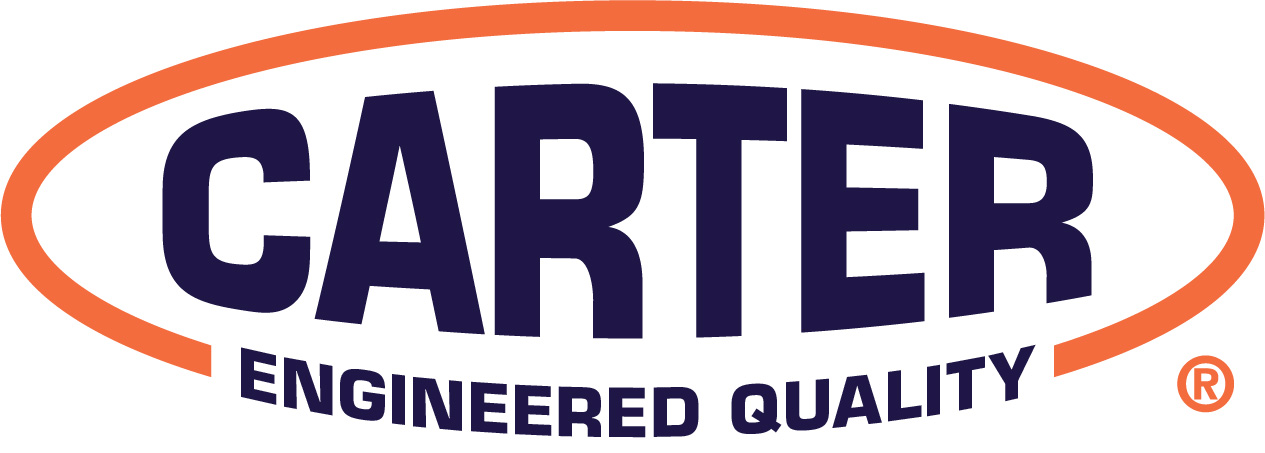A vehicle's fuel pump plays a critical role in delivering gasoline from the fuel tank to the engine at the appropriate pressure required for optimal performance. When the fuel pump starts to fail, it can lead to a host of engine performance issues. Hesitation during acceleration, rough idle, and failure to start are key indicators that your fuel pump may be failing. Being aware of these symptoms can help you address problems proactively and avoid more severe damage to your vehicle.
Symptoms of a Bad Fuel Pump
A faulty fuel pump delivers much less fuel to the engine, and while this is a significant setback to the vehicle, there are ways to anticipate this problem. Here are the symptoms of a bad fuel pump that requires immediate inspection and possible replacement.
Hesitation During Acceleration
One of the most common signs of a failing fuel pump is hesitation or sputtering during acceleration. This occurs because the fuel pump struggles to supply the increased amount of fuel demanded by the engine when accelerating. The fuel pump may have worn components or electrical issues that prevent it from maintaining the necessary fuel pressure. This pressure drop causes a lean fuel mixture (more air than fuel), leading to engine misfires or hesitation.
Observable Symptoms:
Rough Idle
A smooth idle relies on a consistent fuel supply. A failing fuel pump can disrupt this balance. This inconsistency causes fluctuations in engine RPMs and can trigger misfires.
Observable Symptoms:
The Vehicle Isn't Starting
A complete failure of the fuel pump's motor or electrical supply means zero fuel pressure is delivered to the fuel injectors. Without fuel, combustion cannot occur. This is cut and dry, but if the vehicle fails to start the fuel pump may be to blame.
Observable Symptoms:
How to Diagnose a Faulty Fuel Pump
Diagnosing a faulty fuel pump is best left to a qualified mechanic to ensure safety and accuracy. They will use a fuel pressure gauge connected to the fuel rail to measure the pressure provided by the fuel pump. If you experience any of the symptoms discussed above, it's crucial to have your vehicle inspected promptly. Early detection and repair can prevent further damage to your engine and fuel system.
Upgrade with Carter Fuel Pump Assemblies
Our fuel pump assemblies utilize CleanScreen™ multi-layer internal and external strainers to trap finer particles and provide up to 40% more dirt-holding capacity than standard options. This enhanced filtration not only increases the life of the fuel pump but also ensures optimal performance even in the dirtiest environments.
Carter is committed to providing the highest quality parts in the industry. If a pump fails within the warranty period, we will gladly issue a credit or replace the failed product.
Use our Part Finder and enter your vehicle make, model, and year to find the most compatible fuel pump for your vehicle's fuel system and engine specifications.
THREE CAUSES OF FUEL PUMP FAILURE

Share This: